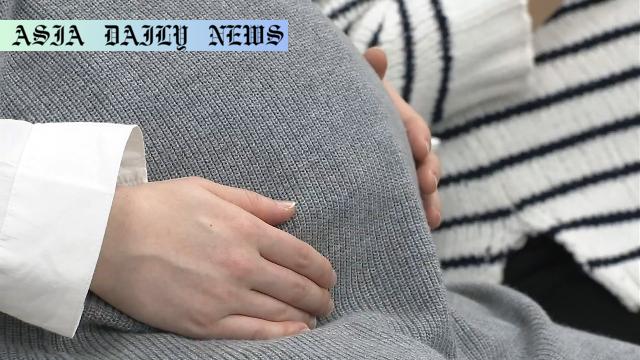Suicide: Pregnant women in their early 20s and nursing mothers in their 40s face heightened risk, citing child-rearing and marital problems.
Pregnant women aged 20-24 and nursing mothers aged 40-44 face a higher risk of suicide.
Child-rearing and marital problems are common factors in these suicides.
Over three years, 162 suicides were recorded among pregnant and postpartum women.
Experts emphasize the need for continued monitoring and improved support systems.

New Findings on Suicide Risks Among Pregnant and Nursing Mothers
The alarming findings from Japan highlight significant mental health concerns among women during pregnancy and postpartum stages. The Japan Suicide Countermeasures Promotion Center, in collaboration with the Japan Society of Obstetrics and Gynecology, analyzed data provided by the National Police Agency. Between 2022 and 2024, at least 162 suicides were recorded among pregnant and new mothers, demonstrating a troubling trend that demands urgent attention.
The data revealed two specific age groups at higher risk: pregnant women aged 20-24 and nursing mothers aged 40-44. This information is crucial as it sheds light on vulnerable periods in a woman’s life when external factors such as societal pressures, child-rearing challenges, and marital issues loom large. While the number of suicides showed a marginal decline in 2024 compared to previous years, experts like Shimizu Yasuyuki, the center’s director, emphasized the need for continued monitoring and enhanced support mechanisms.
Addressing Suicide Risks and Root Causes
Breaking down potential causative factors, the analysis reveals commonalities among those who took their own lives. Marital strain and the overwhelming responsibilities of child-rearing emerge as central issues. Women in their early 20s may face unique challenges such as economic instability and lack of support networks, while those in their 40s might grapple with delayed parenthood and societal expectations.
Poor access to mental health resources further compounds the problem. In light of these findings, experts advocate for tailored interventions such as mental health counseling, community support programs, and raising awareness about postpartum depression. Educational initiatives targeting spouses and families could also foster a more empathetic environment to meet these women’s emotional needs.
The Path Forward: Building Resilience and Support
To curb the risks of suicide among these vulnerable demographics, comprehensive strategies must be implemented. These include expanding mental health care provisions, subsidizing childcare, and providing financial aid for young mothers from disadvantaged backgrounds. Additionally, integrating mental health screening into routine prenatal and postpartum check-ups can help detect at-risk individuals early.
On a societal level, dismantling the stigma surrounding mental health is crucial. Open dialogues on mental well-being, especially during life-changing transitions such as childbirth, can create a support-driven culture. Government bodies and non-governmental organizations (NGOs) must work collaboratively to implement policies that protect and empower mothers, ensuring that no woman feels pushed to the brink of despair.



Commentary
Understanding the Critical Nature of This Discovery
The findings from Japan underscore the dire mental health challenges faced by women in specific stages of their lives. While pregnancy and motherhood are often celebrated as joyful milestones, it is essential to recognize that these periods can also bring immense emotional strain. The Japan Suicide Countermeasures Promotion Center’s analysis provides a heartbreaking yet enlightening glimpse into the struggles of young pregnant women and nursing mothers nearing middle age. Their plight cannot be ignored any longer.
The Intersection of Societal Expectations and Individual Struggles
Motherhood is often considered a natural role for women, but this societal expectation can create pressure that becomes unbearable for some. Younger pregnant women may struggle with economic instability, lack of support from partners, or fear for the future of their children. On the other hand, older nursing mothers may face the challenge of balancing career expectations with the demands of parenthood. These factors, compounded by marital discord or inadequate mental health resources, contribute to an environment where some women feel there is no way out.
A Call for Comprehensive and Compassionate Action
The solution is not simple, but it is achievable through collective action. Governments, communities, and families all have a role to play in building mechanisms of support around these women. From subsidized childcare and family counseling to workplace accommodations for new mothers, numerous steps could alleviate the burdens these women face. Above all, addressing the stigma surrounding mental health remains the most critical task in changing the narrative.
As we move forward, it is imperative to treat this issue with the seriousness and sensitivity it deserves. Let us create a world where women, regardless of their age or stage in motherhood, feel supported, valued, and understood.